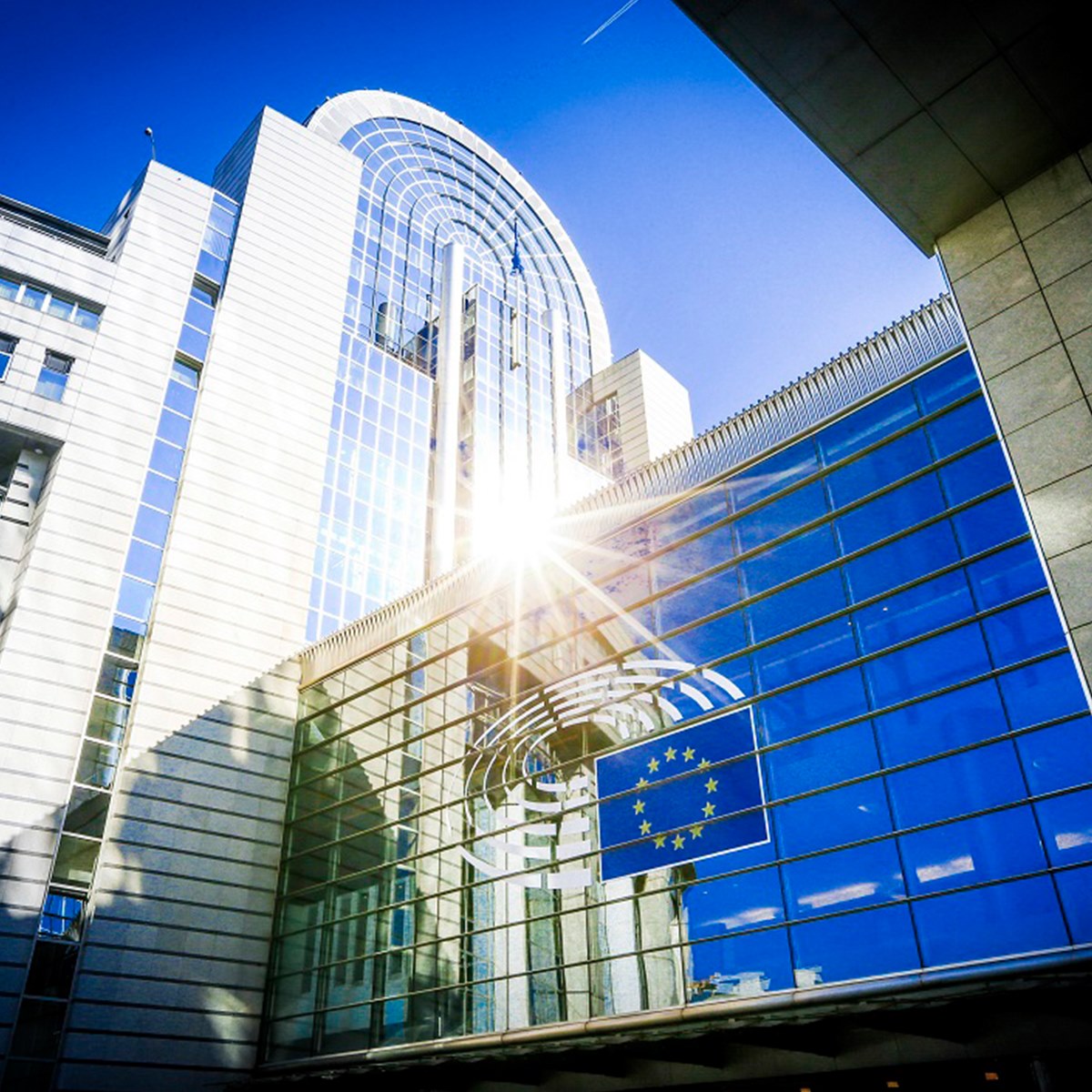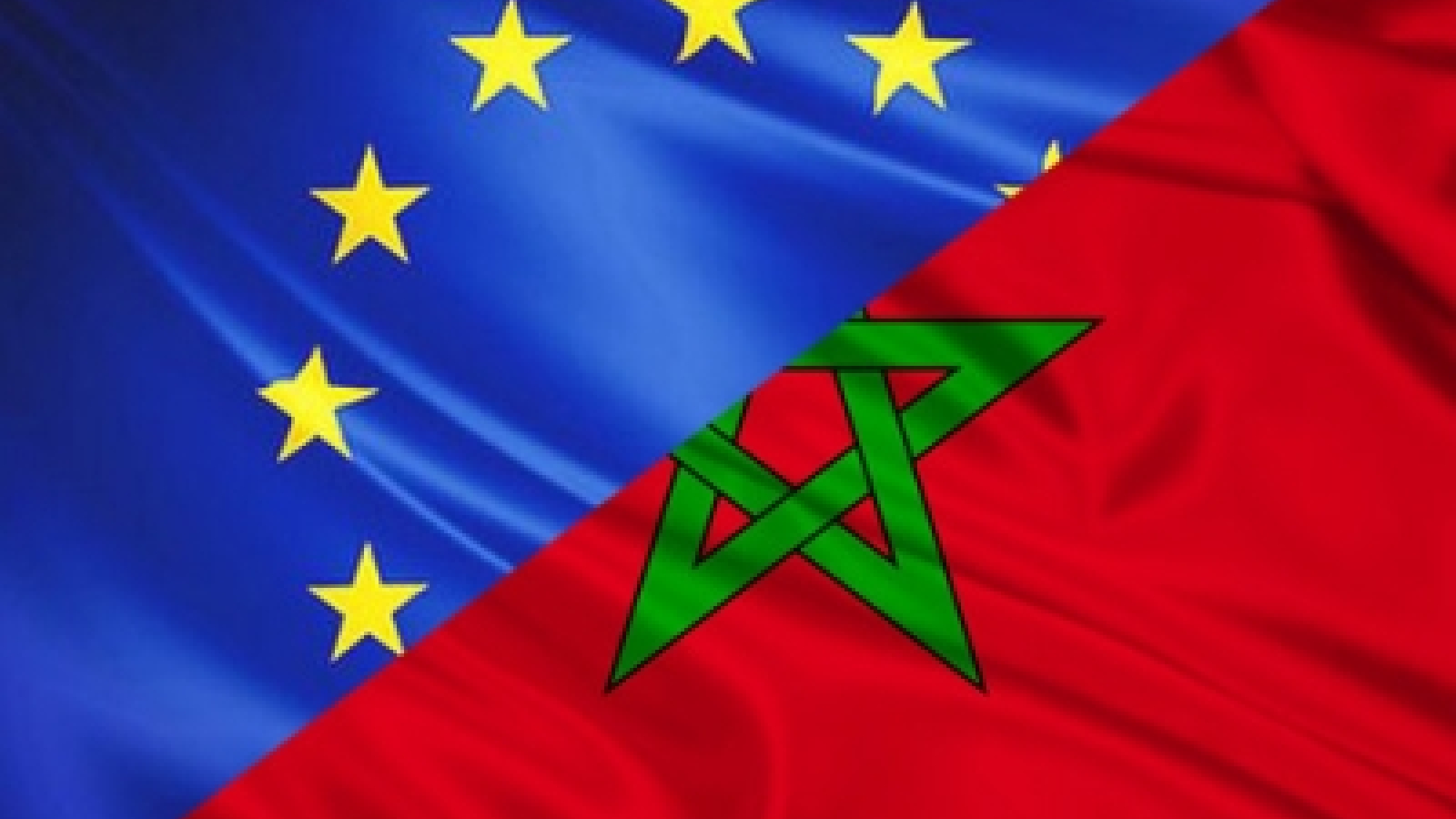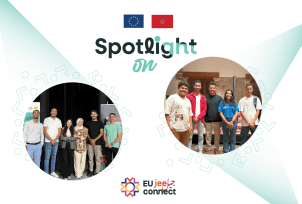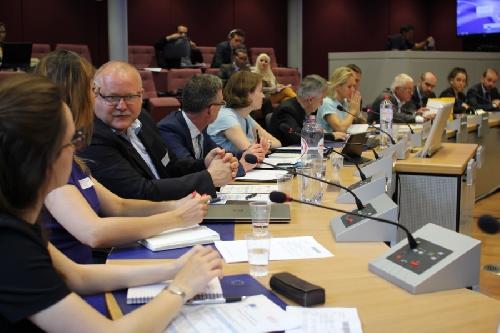Empowering Africa: Parliament defines strategy for a new EU-Africa partnership

On 25 March, Members of the European Parliament (MEPs) adopted a wide-ranging strategy for a new EU-Africa partnership. The strategy emphasises that human development must be at the centre of future EU-Africa relations, prioritising education, including teacher training, reducing early school leaving, and concentrating on the inclusion of girls. A future EU-Africa strategy should also aim to improve health care and national health systems.
Additionally, MEPs call for cooperation on issues such as the green transition, energy, digital transformation, sustainable jobs, good governance and migration, as already identified by the Commission and the European External Action Service.
MEPs underline that the EU-Africa relationship must “move beyond the donor-recipient relationship”. Instead, the EU and Africa should cooperate on equal terms, as part of an EU-Africa strategy that empowers African governments to achieve the UN Sustainable Development Goals (SDGs), curb climate change and foster gender equality, among other targets. To achieve this, MEPs call for substantial funds to be earmarked for the SDGs in the upcoming external financial instrument NDICI – Global Europe.
Parliament’s expectations for the future EU-Africa strategy also include long-term EU financial and technical support for African countries to boost climate adaptation, and the report includes a demand for Europe to support African regional integration with the intention of eventually helping to reduce the continent’s dependence on foreign imports.
The EU also has to encourage African ambitions for a continental free trade area, while international lenders, such as the IMF and the World Bank, should do more to relieve African government debt, MEPs stress.
Finally, they demanded the EU protects sexual and reproductive health and rights in the new partnership, alongside the safeguarding of the human dignity of refugees and migrants.
Read more




























 Syria
Syria 





